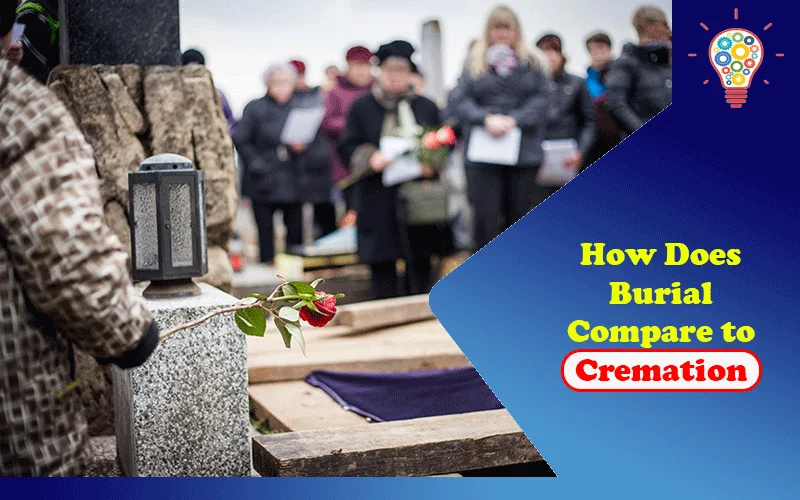Burial is seen as the traditional choice of funeral, despite cremations having been practiced for thousands of years. Cremations are now the most popular type of funeral, accounting for almost 60% of services in the UK in 2020; a further 14% were direct cremations, while the remaining 26% were traditional burials.
The decision between a burial or cremation will be a personal choice, influenced by factors such as cost, the type of service, and how environmentally friendly your funeral should be.
Cost is an important reason driving people towards cremation; broadly speaking, it’s simply cheaper. According to the Sun Life Cost of Dying Report 2021, the average cost of cremation is £3885, compared to £5033 for a basic funeral.
Burials also incur other, often overlooked, expenses, such as the cost of the gravestone or memorial, burial fees, charges for gravedigging, and general maintenance of the plot. These costs don’t always apply to cremations, particularly if your loved one’s ashes are scattered in a special place, rather than interred.
Another factor is the funeral service itself. More people than ever now identify as non-religious, and religious funerals have experienced a sharp decline in recent years. The religious elements of traditional burial services have fallen out of favor, and church services often no longer align with people’s final wishes.
Taking their place is Celebration of Life services; these often follow a direct cremation with no ceremony. A Celebration of Life can take place anywhere and allows family and friends to celebrate the life of their loved one in a way that is as unique as they were.
Environmental factors are also increasingly playing a role in people’s funeral decisions, but this time, burial has the upper hand. Cremations are energy-intensive and release greenhouse gases and toxic metals into the atmosphere. Traditional burials involving embalming also release a toxic cocktail of chemicals into the surrounding environment, but greener alternatives such as woodland burials are increasing in popularity.
Instead of a traditional burial, loved ones are placed in simple coffins or caskets made of recycled materials or wood and buried in designated woodland burial sites, marked by a simple tree or plant, rather than a headstone. Other emerging eco-alternatives promoting the idea of returning the body to nature for regrowth include composting, or tree burial pods, which see a tree gain nourishment from a biodegradable egg pod encasing the body.
Choosing how and where to lay your body (or ashes) to rest is an entirely personal choice, and will be influenced by many factors. It’s important to discuss the choices you make with family and friends and record your requirements in a funeral plan. Not only does this allow you to arrange and pay for your funeral in advance, but it also gives you peace of mind that your instructions will be carried out and you get the farewell you want at an affordable price.
Read Also: What Is Proper Western Funeral Etiquette?

